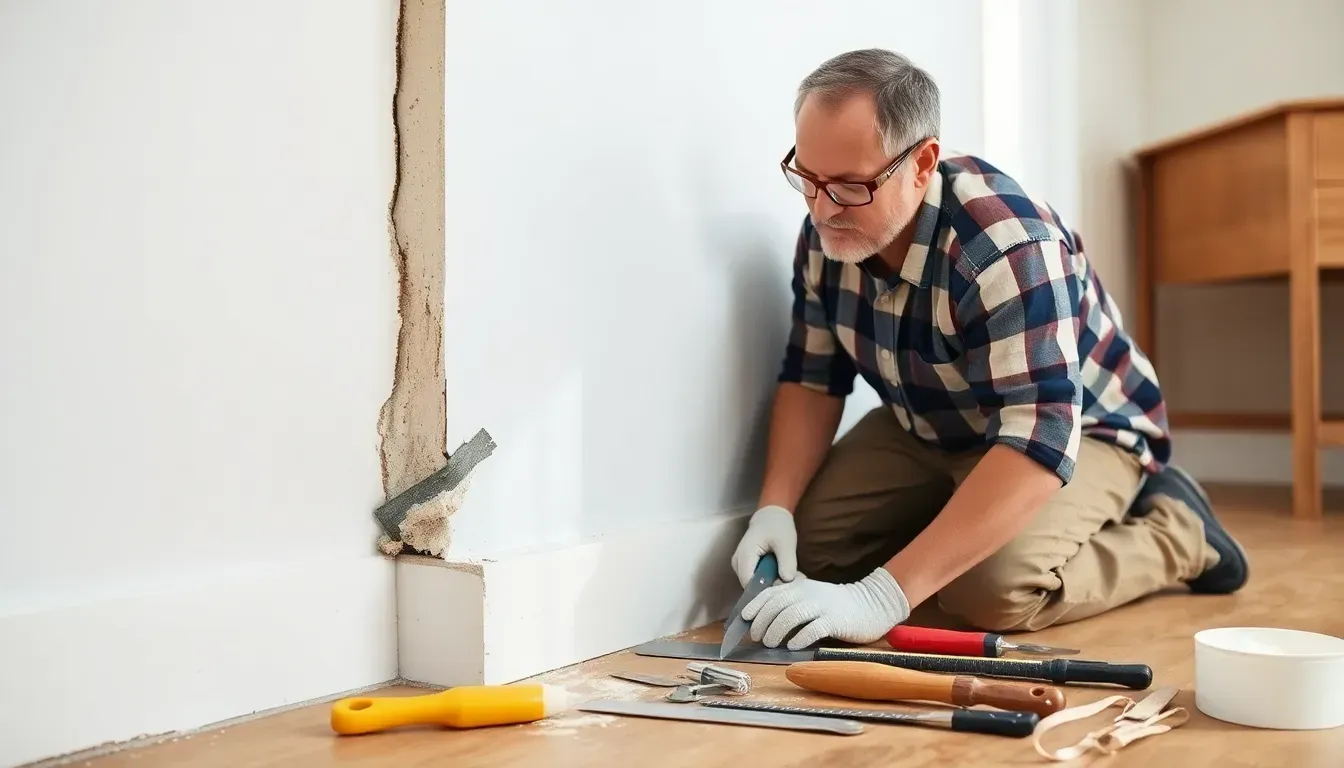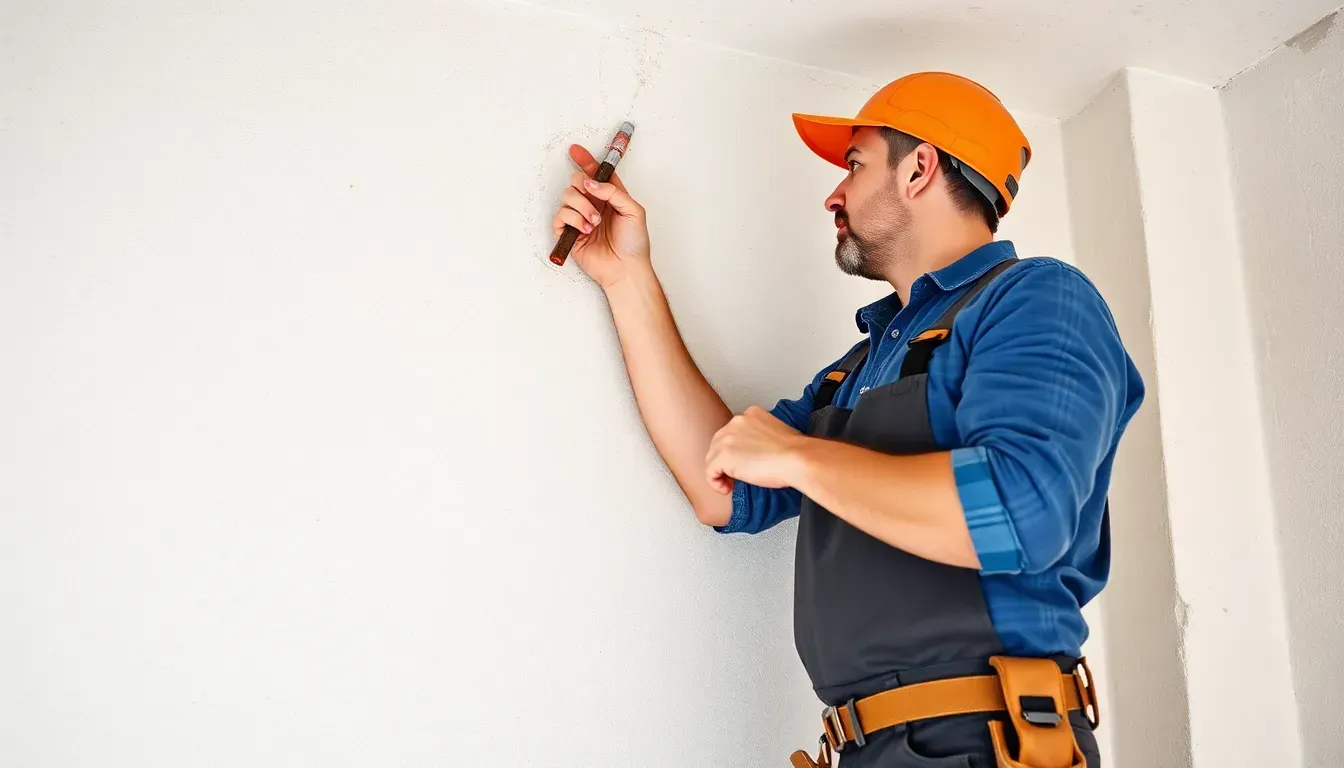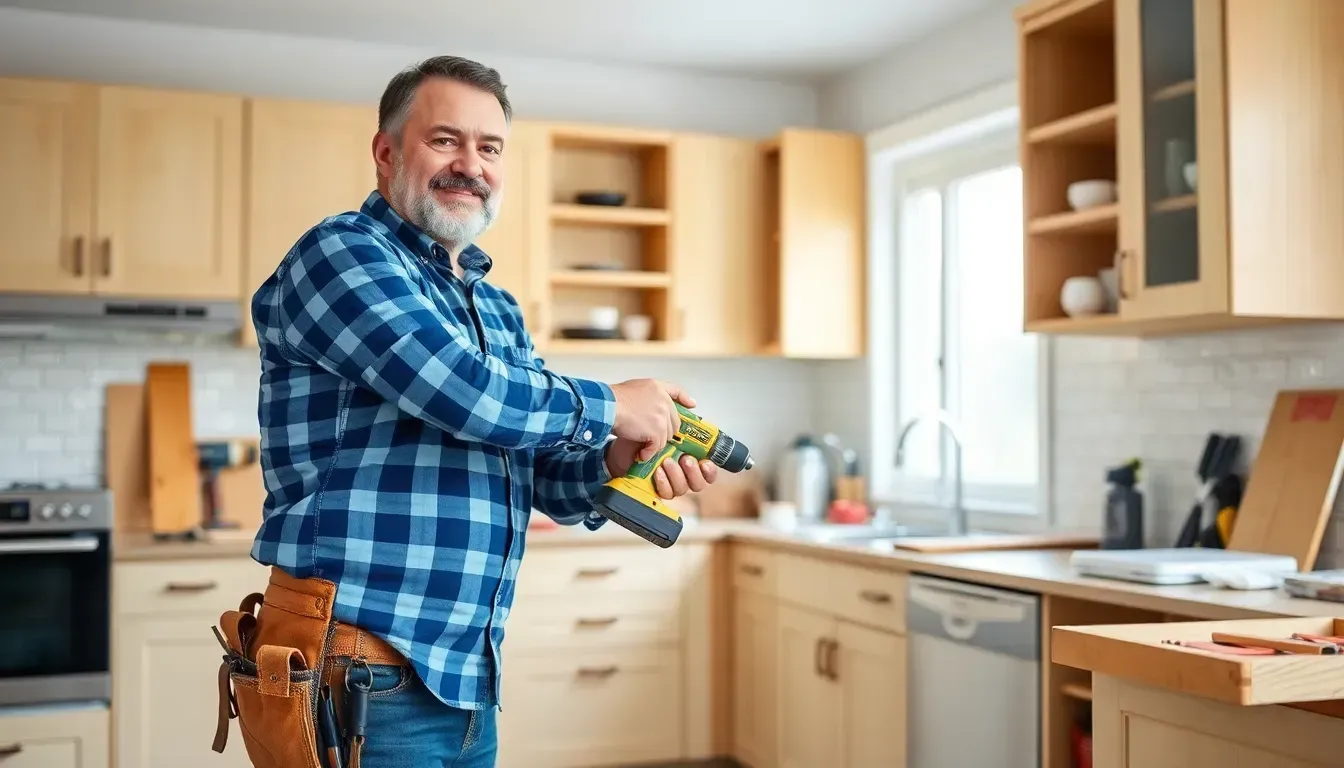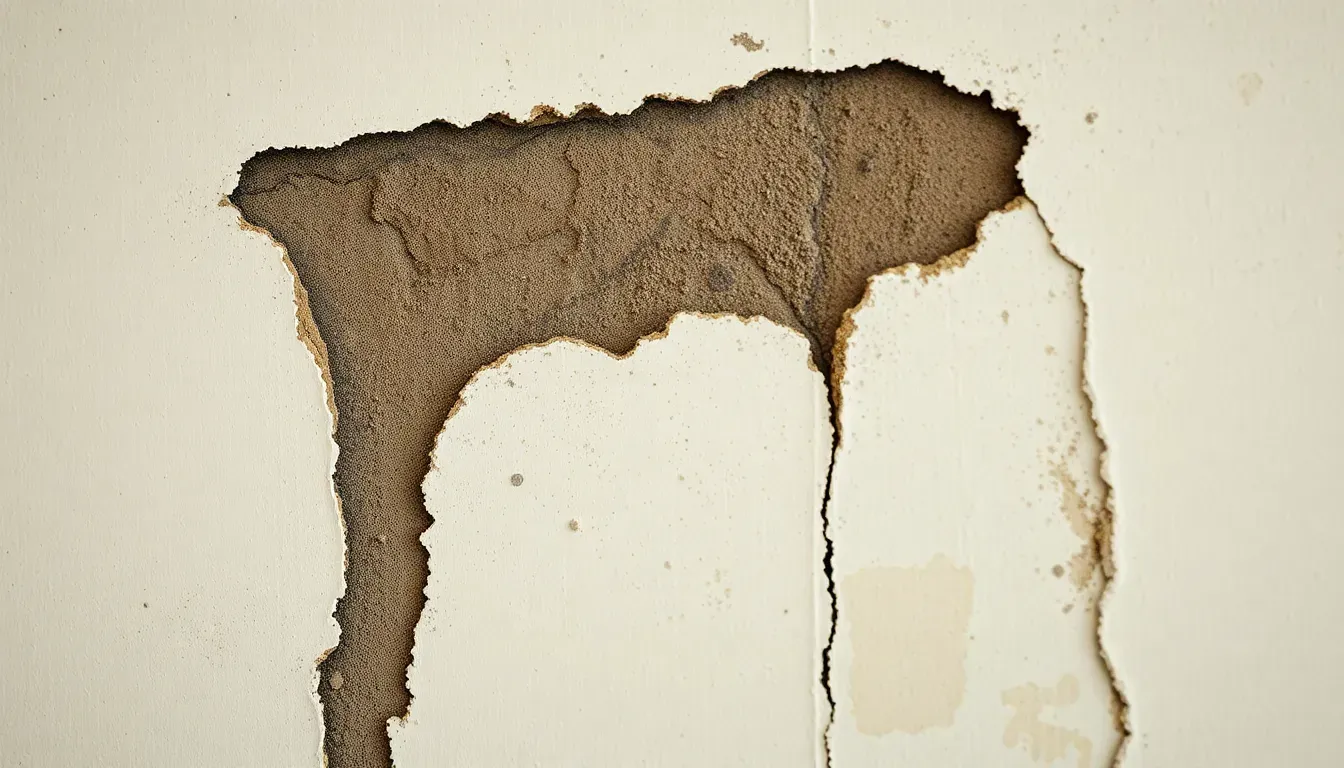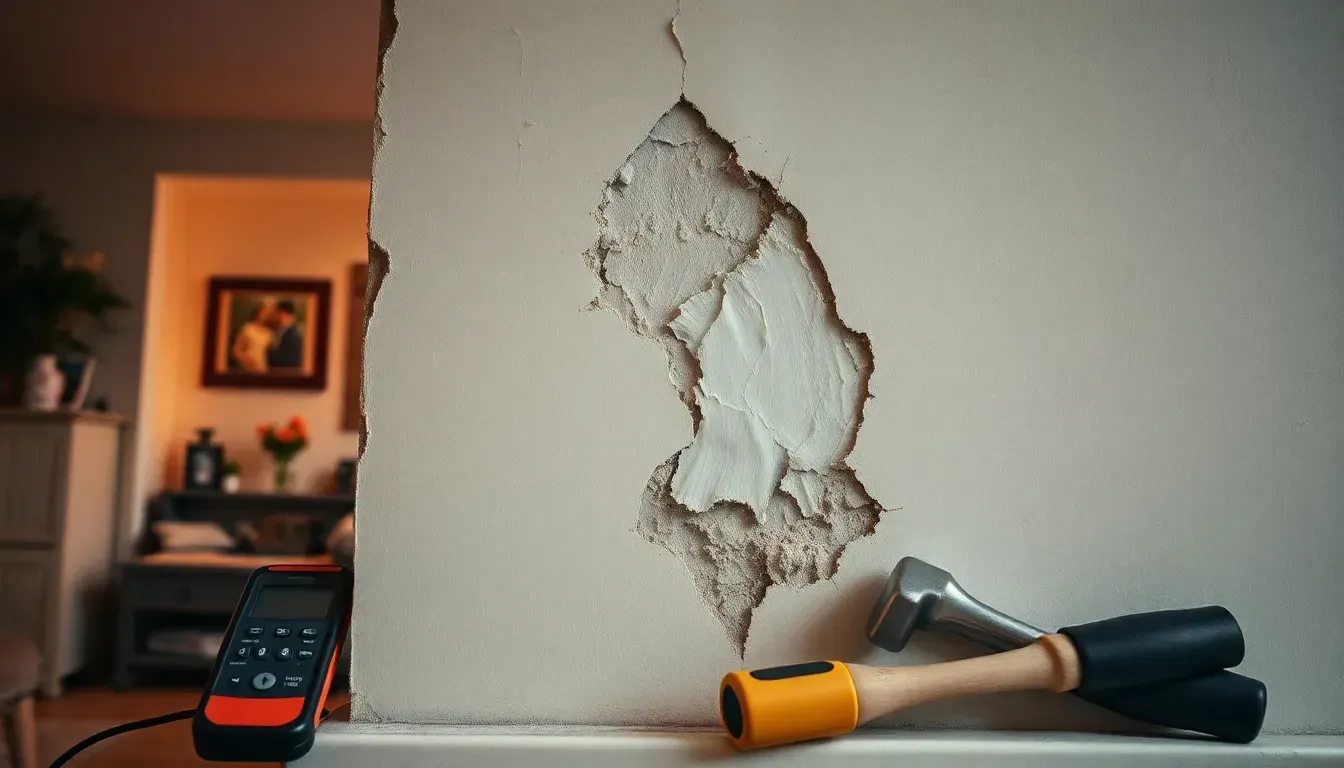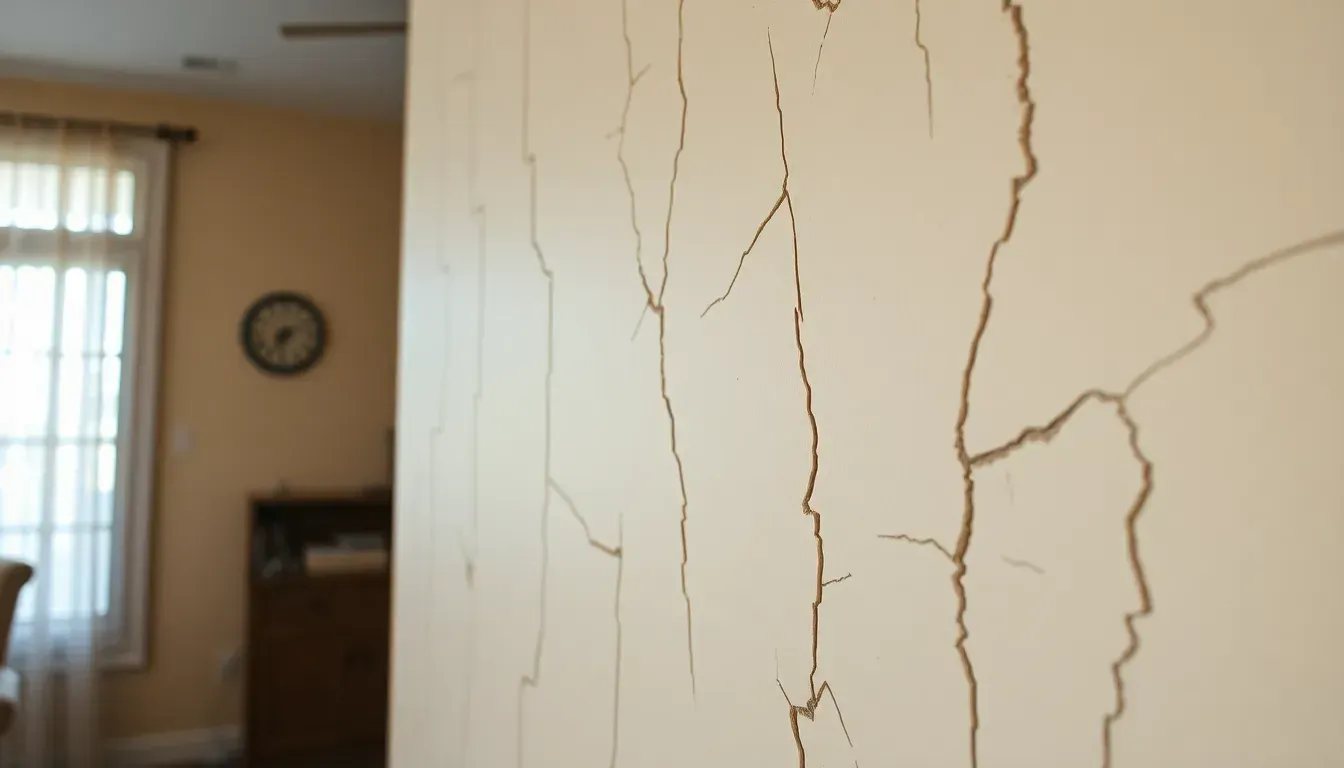The Ultimate Guide to Picking a Reliable Home Inspector
Choosing a reliable home inspection service is crucial for protecting your investment and ensuring your property’s safety. Here's a quick overview to help you make an informed decision:
- Check Credentials: Look for certified and licensed inspectors.
- Experience Matters: Choose those with a solid track record and expertise.
- Communication Skills: Ensure they provide clear, detailed reports.
- Inspect Review Platforms: Read reviews and testimonials.
- Sample Reports: Request examples to gauge thoroughness.
Investing in a home is one of the biggest financial decisions you'll make. It’s not merely about buying a place to live, it's safeguarding your future. Why? Because a reliable home inspection can uncover hidden issues that could save you thousands down the line. From assessing the foundation to checking the roof's condition, a comprehensive inspection gives you the power to negotiate and make informed choices.
Understanding the value of a detailed inspection helps protect your home and avoid costly, unexpected repairs. After all, it’s not just about purchasing a house—it’s about ensuring it remains a sound investment for years to come.
Why Hire a Home Inspector?
When buying a home, hiring a home inspector is like having a safety net. A thorough inspection reveals hidden issues that might not be visible during a casual walkthrough. Imagine finding foundation cracks or faulty wiring after moving in—these surprises can cost a fortune to fix.
Uncover Hidden Issues
Home inspectors dig deep to find problems you might miss. They look at everything, from the roof to the basement. Common inspection areas include the foundation, roof, electrical systems, plumbing, drainage, and HVAC systems. Each of these areas can hide issues that could lead to expensive repairs if not caught early. For instance, a small leak in the plumbing might seem minor, but it can cause significant water damage over time.
Address Structural Concerns
Structural integrity is a big deal. The last thing you want is to move into a home with a sinking foundation or a leaky roof. Major structural damage is a red flag in any inspection report. It can compromise the safety and stability of your new home. Inspectors are trained to spot these issues, giving you a clear picture of the home's condition.
Gain Negotiation Leverage
One of the greatest benefits of a home inspection is the leverage it provides during negotiations. When significant issues are uncovered, buyers can negotiate repairs or request credits from sellers. This can save you around $14,000 on the final sale price, according to research. Knowing the home's true condition allows you to make smart decisions, whether that's asking for repairs, adjusting the purchase price, or even walking away from a deal if necessary.
In summary, hiring a home inspector is about more than just peace of mind. It's about protecting your investment and ensuring your new home is safe and sound. By uncovering hidden issues and addressing structural concerns, you'll have the upper hand in negotiations and avoid costly surprises.
How to Choose a Reliable Home Inspection Service
Choosing the right home inspection service is crucial. You need someone who will thoroughly inspect your potential new home and provide a clear, detailed report. Here’s how to find the best fit for your needs:
Think Twice About Agent Referrals
Real estate agents might suggest home inspectors, but it's smart to choose carefully. Some agents may prefer speed to close deals fast. Your priority should be a detailed inspection, not a hurried one. A rushed inspection could overlook major problems like old wiring or unseen moisture, which can result in expensive repairs down the road.
Find Your Own Candidates
Instead of relying solely on agent referrals, do your own research. Look for inspectors with strong credentials. Certifications are a must. They show that the inspector has completed specific training programs and passed certification exams. In California, for instance, inspectors need to complete a state-approved program covering essentials like electrical systems and structural assessment.
Experience matters too. An inspector with years of experience is likely to spot issues that a newcomer might miss. Consider inspectors who specialize in areas relevant to your home, like mold inspections or foundation evaluations.
Communication is key. Good inspectors are not just thorough—they’re also great communicators. They provide clear, concise reports and explain their findings in simple terms. Ask for sample reports to see how they document their inspections.
Industry Trade Groups and the Better Business Bureau
To ensure you're picking a reliable service, check industry trade groups. Organizations like the American Society of Home Inspectors (ASHI) or the International Association of Certified Home Inspectors (InterNACHI) set high standards for their members. Inspectors affiliated with these groups are committed to maintaining these standards.
The Better Business Bureau (BBB) is another valuable resource. It offers ratings and reviews of businesses, helping you gauge an inspector's reputation. A high BBB rating and positive customer reviews can give you confidence in your choice.
Taking these steps ensures you confidently select a home inspection service that meets your needs. It might take some extra time, but ensuring your future home is well-inspected is worth it.
Essential Qualities of a Home Inspector
When you're looking for a home inspector, focus on certifications, experience, and attention to detail. These qualities ensure you get a thorough evaluation of your potential new home.
Experience and Specializations
An experienced inspector is crucial for identifying problems that might go unnoticed by others. This skill is especially important in specialized areas like mold inspections and foundation evaluations. Mold can lead to various health issues, while foundation problems can result in expensive repairs. A seasoned inspector has the expertise to detect these issues early, helping you avoid future troubles.
Consider inspectors with specific training in areas relevant to your home. Whether it's checking for mold in humid climates or evaluating the foundation in older homes, specialized knowledge is a huge plus.
Communication and Reports
A good inspector doesn’t just find problems—they explain them clearly. Look for inspectors who provide sample reports. These reports should be easy to understand, with clear explanations and supporting photos. The goal is to help you grasp the condition of your potential home without needing a dictionary.
Communication skills are just as important as technical know-how. Inspectors should clearly explain complex findings in easy-to-understand terms. This ensures you fully understand the inspection results, helping you make informed decisions.
Certifications and Building Codes Knowledge
Certifications demonstrate an inspector's commitment to their craft. They show that the inspector has completed rigorous training and passed exams. These credentials are a must-have, as they ensure the inspector is up-to-date with the latest industry standards.
Knowledge of building codes is another crucial aspect. Inspectors need to understand local regulations to accurately assess a property's compliance. This knowledge helps them identify any potential legal issues that could affect your purchase.
In summary, when choosing a home inspector, prioritize those with the right certifications, a keen eye for detail, and excellent communication skills. These qualities ensure a thorough and understandable evaluation of your potential home.
Additional Home Inspection Services
When considering a home inspection, it's important to think beyond the basics. Specialized services like radon testing, mold inspections, and air quality testing provide deeper insights into your property's condition, safeguarding both your health and investment.
Radon Testing
Radon is an invisible, odorless gas that can pose serious health risks. It's the second leading cause of lung cancer, right after smoking. Testing for radon is especially crucial in areas with high uranium soil content. Professional inspectors use specialized equipment to measure radon levels in your home, ensuring they remain within safe limits. Keeping radon levels in check is essential for a healthy living environment.
Mold Inspections
Mold thrives in damp, humid areas and can cause allergies and respiratory problems. A mold inspection often involves visual checks and air quality tests to detect hidden spores. Addressing mold issues early can prevent health risks and avoid costly property damage. An inspector with experience in mold detection can identify potential growth areas and recommend effective solutions.
Air Quality Testing
Indoor air quality can be more polluted than outdoor air, affecting your health and comfort. Pollutants like mold spores, radon gas, and lead dust can linger in your home, causing respiratory issues and other health concerns. Air quality testing provides a comprehensive assessment of these pollutants. Certified inspectors use advanced techniques to measure contaminant levels, helping you maintain a healthy indoor environment.
Incorporating these additional inspection services into your home buying process can provide peace of mind and protect your investment. They help uncover hidden hazards that might not be visible during a standard inspection, ensuring you have a complete understanding of your potential home's condition.
Frequently Asked Questions about Home Inspections
What is the biggest red flag in a home inspection?
When it comes to home inspections, structural issues are often the most concerning red flag. Cracks in the foundation, especially horizontal ones with bulges, can significantly impact property value and safety. These issues need immediate attention to avoid costly repairs or even structural failure.
Another major red flag is electrical damage. Outdated wiring, such as aluminum wiring used between 1965 and 1973, poses a fire risk. Inspectors often find outdated panels with multiple wires connected to a single breaker, which can lead to frequent trips and safety hazards. Addressing these issues is crucial for maintaining a safe living environment.
Hidden dampness is also a significant concern, as it can lead to mold growth. Mold thrives in damp areas and can cause allergies and respiratory problems. Detecting hidden dampness early helps prevent health risks and costly property damage.
How to evaluate a home inspector?
Choosing a reliable home inspection service requires careful evaluation. Look for inspectors with proper certifications and licenses. For example, Accurate Home and Commercial Services holds several certifications, ensuring they meet industry standards.
Experience is another crucial factor. Inspectors with years of experience can better identify potential issues. Consider those who specialize in areas like mold inspections or foundation evaluations, as they offer more targeted expertise.
Communication skills are vital. Inspectors should provide clear explanations and detailed reports. Reviewing sample reports can help you gauge their ability to convey complex information simply.
What is a deal breaker in a home inspection?
A deal breaker is any issue that significantly affects the property's value or safety. Structural defects are often deal breakers, as they can compromise the building's stability. Major system failures, like a faulty HVAC system, can also be costly to repair.
Budget considerations play a role in determining deal breakers. If the cost of repairs exceeds your budget, it might be wise to reconsider the purchase. External factors, such as environmental hazards or zoning restrictions, can also influence your decision.
Understanding these potential deal breakers helps you make informed decisions during the home buying process. Being aware of them ensures you are prepared to address any major concerns that arise during an inspection.
Conclusion
Choosing the right home inspection service is crucial for ensuring your property's safety and maintaining its value. Accurate Home and Commercial Services excels in providing thorough and reliable inspections.
Their commitment to customer satisfaction is evident in their attention to detail and comprehensive service offerings. Focusing on both standard and specialized inspections, they help homeowners identify hidden issues that could result in expensive repairs. Their team’s extensive experience and industry certifications make them a trusted choice for property evaluations.
Moreover, Accurate Home and Commercial Services prioritizes property safety. They understand the importance of identifying potential hazards early, whether it's structural problems, electrical risks, or hidden dampness. Their detailed inspection reports equip homeowners with the knowledge needed to make informed decisions, whether negotiating a purchase or planning future maintenance.
Choosing Accurate Home and Commercial Services means investing in peace of mind. Their expert inspections protect your property and boost its long-term value. Whether buying, selling, or maintaining a home, their services give you a clear view of your property's condition. This helps you protect your investment and ensure a safe living environment.
